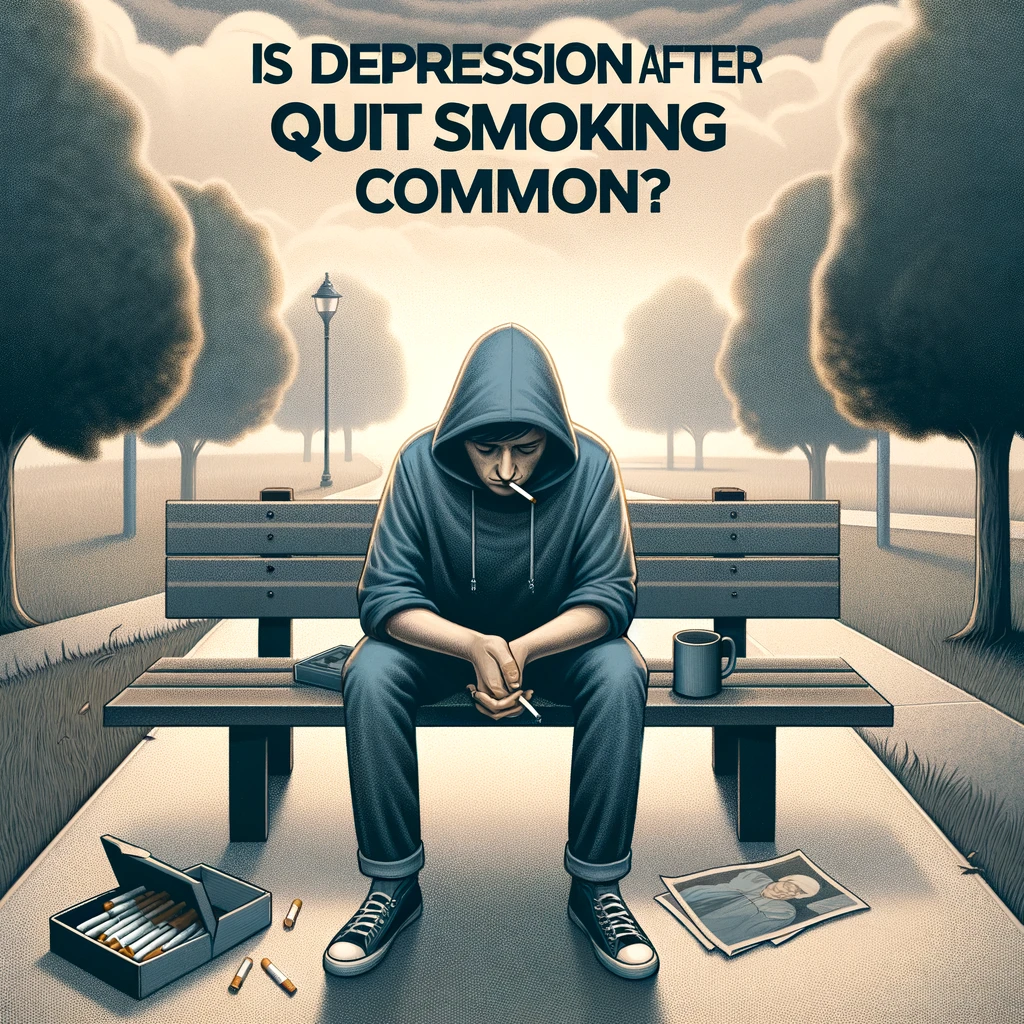Volatile hydrocarbons
Volatile hydrocarbons (inhalants) are breathable chemical vapors that can produce mind-altering effects. Several products found at home and in the workplace contain psychoactive substances that cab be inhaled to get high. On the street, this activity is known as huffing. Inhalants fall into three main categories: solvents, gases, and nitrates.
Inhalant abuse is most typically found in young people- peaking in grades seven to nine. Initially, more females than males use inhalants. Males start using with increasing numbers later on in high school and may sustain the use well into their twenties.
Inhalants differ in makeup but work much like anesthetics. They slow down you body’s functions and numb the brain. Inhaled through either your nose or mouth into the lungs, these substances cause you to experience short-term (a few minutes) intoxication.
Inhalants can be very dangerous. The primary risks are cognitive impairment, brain damage, and other neurological (nerve- related) problems. If you’ve been inhaling over a long period, you may eventually start losing consciousness during your inhaling. Also, huffing concentrates chemicals that can directly induce heart failure and sudden death within minutes of using (this is known as sudden sniffing death). This is typically associated with the abuse of butane, propane, and aerosol chemicals. Over time, the liver and kidneys can also be damaged.
Using inhalants by way of a plastic bag increases the chances of suffocation. Suffocation occurs as the substance takes the place of oxygen in your lungs, resulting in oxygen debt and leading your brain to shut down.
Get a personal consultation.
Feel free to contact us nearest to your location







